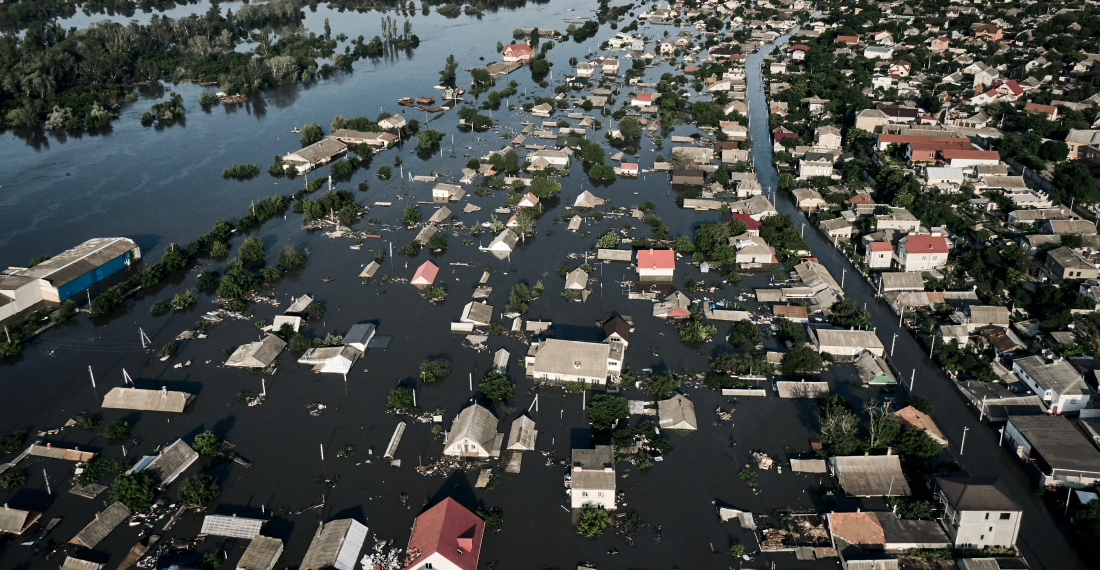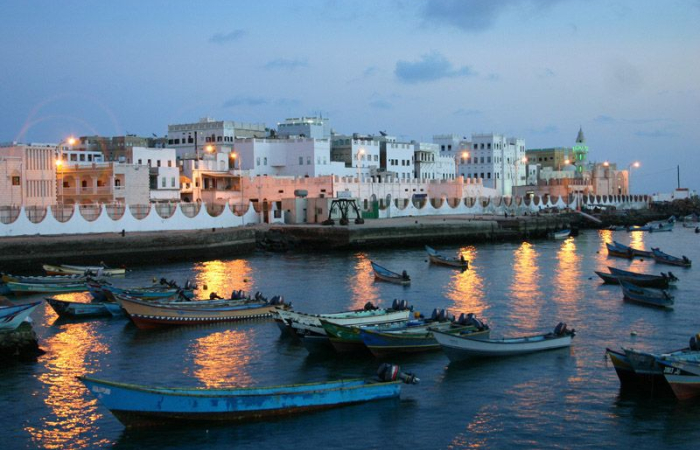600 square kilometres in Ukraine's southern Kherson region have been flooded after the Nova Kakhovka dam collapsed in the early hours of Tuesday (6 June). This was announced by the region's governor, Oleksandr Produkin.
Speaking on Telegram, Produkin also said 32% of the flooded area is on the Ukrainian controlled right bank and 68% on the Russian occupied left bank. The average water level in flooded areas is currently 5.61m, with the town of Oleshky being particularly badly affected. In total, 30 communities have been affected, according to Ukrainian officials.
As of Thursday morning (8 June), 2,000 people have been evacuated from affected areas while some who are stranded on the roofs of their homes in Russian-controlled areas have received drinking water by drone, the governor said.
There have also been reports of Russian forces shelling affected areas and even shooting at Ukrainians trying to rescue people affected by the floods. While thousands have been made homeless, Ukrainian officials have said that hundreds of thousands now have no access to clean water, and irrigation systems served by the Dnieper river have been swept away, seriously damaging fertile land that could take years to recover.
Dislodged landmines
The Red Cress has also warned of the risk of dislodged landmines, a problem that could linger for very many years to come. Speaking to AFP news agency, Erik Tollefsen, head of the Red Cross's weapon contamination unit, said "We knew where the hazards were. Now we don't know. All we know is that they are somewhere downstream."
Meanwhile, Nataliya Humeniuk, a spokeswoman for Ukraine's military South Command, has told Ukrainian TV: "Many anti-infantry mines [in Russian-seized areas] have been dislodged, becoming floating mines.
The Nova Kakhova dam was located on the Dniper river, which flows from north of the country's capital, Kyiv, southwards before emptying into the Black Sea south of the city of Kherson. The Soviet-era dam was built in 1956, and it is widely believed that Russia deliberately destroyed the dam in order to delay or even preclude a potential Ukrainian counteroffensive across the Dniper river.
source: commonspace.eu with agencies
photo: AP






